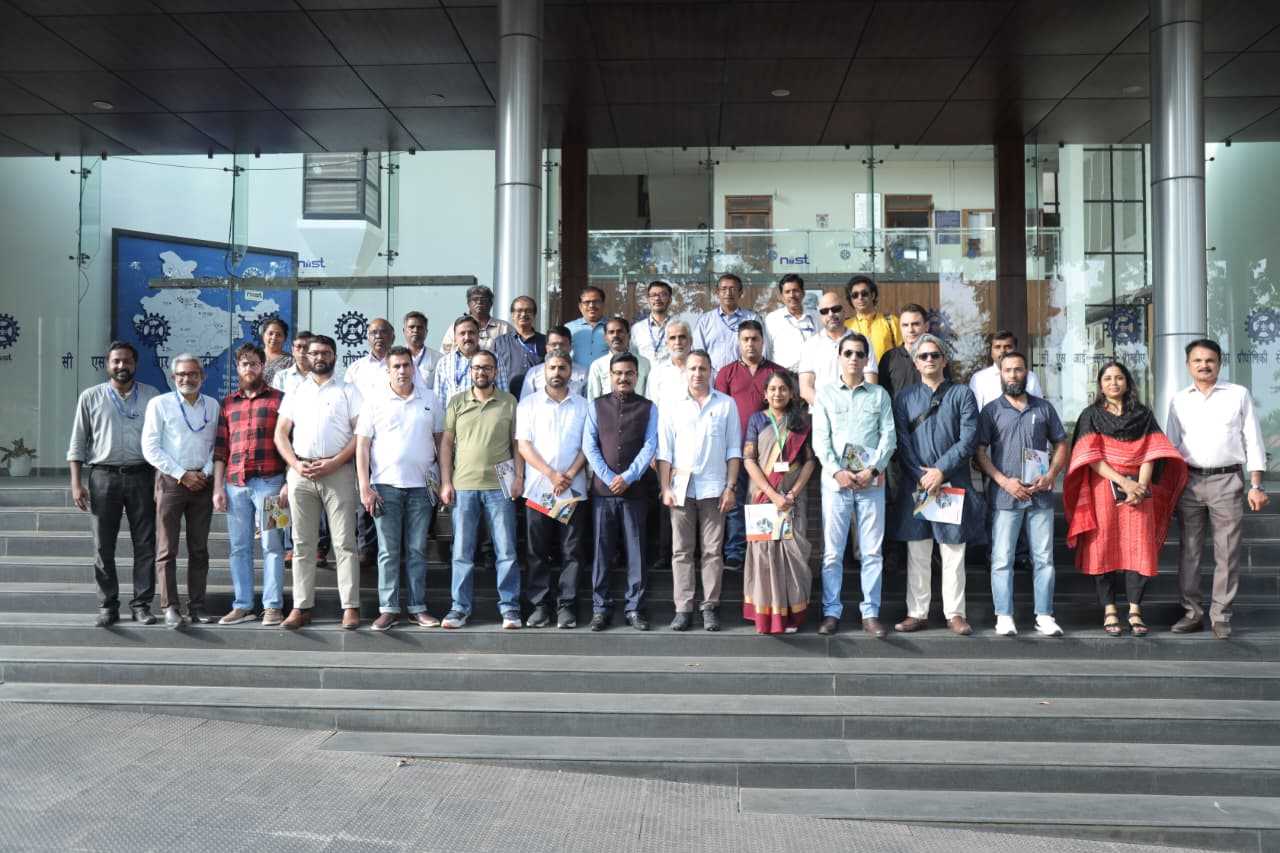In recent years, parents, teachers, and health professionals alike have voiced growing concerns about two major issues plaguing school-going children today: the increasing weight of school bags and the rising levels of boredom and disengagement in the classroom. While these might appear to be separate problems, they are deeply connected — both are symptoms of a larger issue within our current educational system.
A Daily Struggle
Every morning, children across the country strap heavy bags to their backs, filled with textbooks, notebooks, lunchboxes, water bottles, and often other miscellaneous items. In some cases, these bags weigh up to 25% of a child’s body weight, far exceeding the recommended limit set by pediatricians and physiotherapists, which is usually around 10%.
The physical consequences are serious
Back and neck pain
Poor posture
Spinal problems
Fatigue and stress
These health problems are not just temporary. If ignored, they can lead to chronic issues in adolescence and adulthood. In a time when children should be actively learning and playing, they are instead weighed down — literally — by the burden of their education.
An Outdated Model
The heavy bag problem isn’t just physical. It reflects an outdated academic system that still heavily relies on rote learning and textbook-based education. Children carry multiple textbooks for each subject, most of which are rarely fully used during class. The pressure to complete syllabi, prepare for exams, and achieve high marks leads to a lack of creativity and engagement in the classroom.
This, in turn, gives rise to boredom. Many children lose interest in learning not because they are lazy or inattentive, but because they find no joy in what is being taught. Lessons feel repetitive, disconnected from real life, and overly focused on marks instead of understanding.
Signs of Boredom and Disengagement
Teachers and parents may notice the following signs:
Children complaining about going to school
Lack of enthusiasm for homework or studies
Constant yawning or fidgeting during lessons
Increased use of mobile phones or gadgets as a distraction
Decrease in classroom participation
These symptoms are red flags that a child is not mentally stimulated by their environment. The burden of a heavy bag may be the first discomfort, but the mental disengagement is the deeper issue that needs addressing.
Solutions: What Can Be Done ?
Lighter Bags: Smarter School Policies
Schools should adopt the "No Bag Day" policy at least once a week.
Introduce digital learning tools and e-books to replace bulky textbooks.
Use lockers in schools to store heavy books.
Plan timetables efficiently to avoid carrying all subjects daily.
Engaging Curriculum
Shift focus from rote learning to project-based, activity-based learning.
Include more art, music, sports, and outdoor education to break the monotony.
Encourage interactive teaching methods: discussions, role-playing, group work.
Teachers as Mentors
Train teachers to identify and respond to signs of boredom.
Make classroom learning more student-centered and relevant.
Allow space for curiosity and questioning.
Parents' Role
Communicate with children about their school experience.
Monitor physical strain and emotional well-being.
Encourage balanced routines that include study, play, and rest.
Conclusion
It’s time we recognize that the purpose of education is not just to produce high scorers, but to raise thoughtful, creative, and healthy individuals. Carrying a heavy bag, both physically and mentally, should not be part of a child’s everyday life. Let’s work together — schools, parents, and society — to lighten the load and rekindle the spark of learning in our children.
Let children run, explore, and discover. Let education be a journey they look forward to — not a weight they’re forced to carry.
Email:--------------------assadyawar@gmail.com









